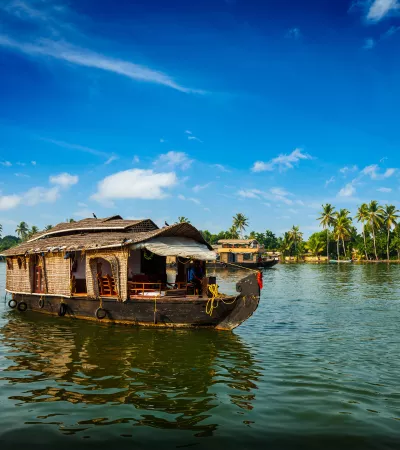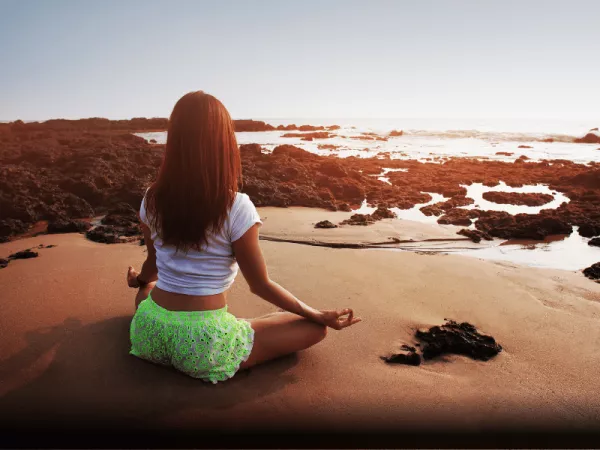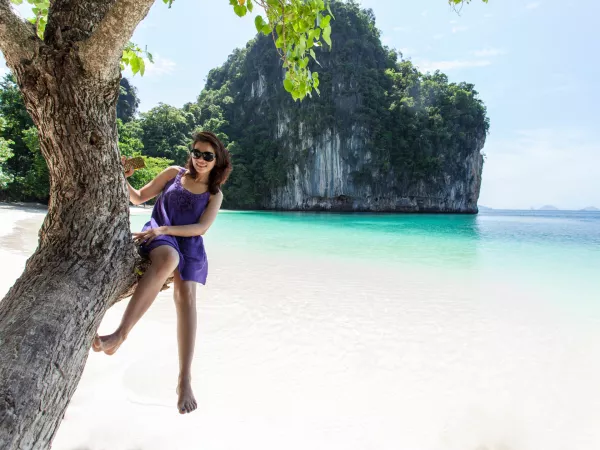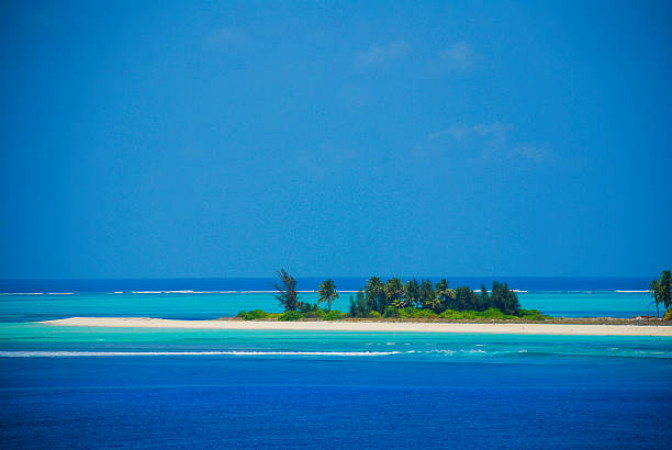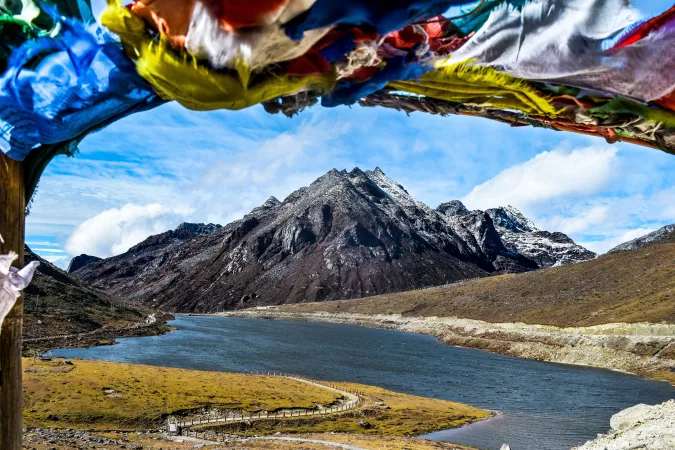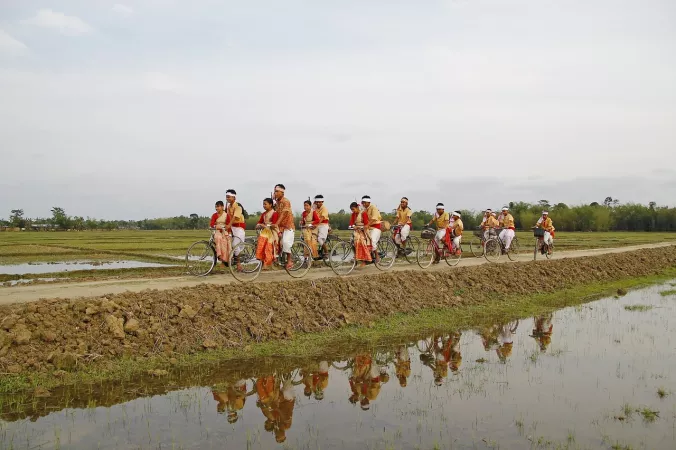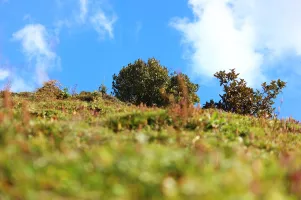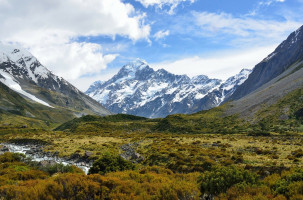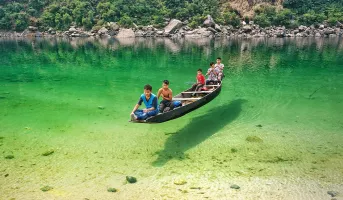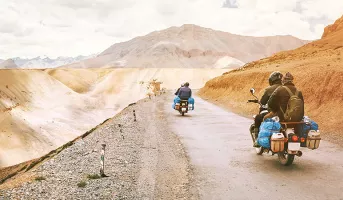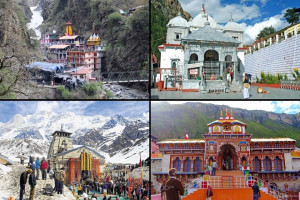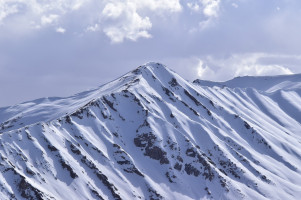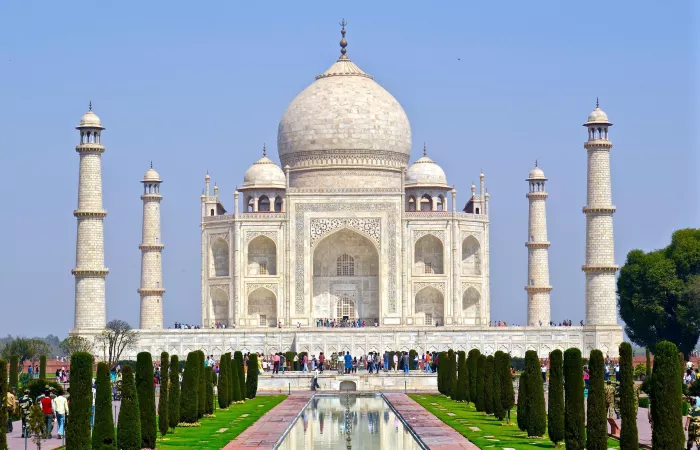
India
Package
4000 to 40000
4000 to 40000
India Travel Guide
India, a country in South Asia, is known for its diverse culture, rich history, and stunning landscapes. From the majestic Himalayas in the north to the tropical beaches in the south, India offers a plethora of experiences for travelers. Its historical significance can be traced back to ancient civilizations, including the Indus Valley Civilization and the Mughal Empire. India is famous for its vibrant festivals, delicious cuisine, and spiritual traditions like yoga and meditation.Top Attractions in India
- Taj Mahal in Agra
- Jaipur's Pink City
- Varanasi's Ghats
- Goa's Beaches
- Kerala's Backwaters
India is Famous for
India is most famous for the iconic Taj Mahal, a UNESCO World Heritage Site and one of the Seven Wonders of the World.Top Attractions in India
- Exploring the bustling streets of Delhi
- Witnessing the sunrise at the Varanasi Ghats
- Experiencing a traditional Rajasthani meal in Jaipur
- Trekking in the Himalayas
- Taking a houseboat ride in Kerala
What's Great about Travelling to India?
- Rich cultural experiences
- Diverse landscapes
- Affordable travel options
What's Not So Great about Travelling to India?
- Crowded tourist attractions
- Challenges with hygiene in some areas
- Varied weather conditions
Travel Tips for India
- Check visa requirements before traveling
- Use reputable transportation options
- Respect local customs and traditions
Important India trip information
- Ideal Duration: 2-3 weeks to explore major highlights
- Best Time to Visit: October to March for pleasant weather
- Nearby Airports and Railway Stations: Indira Gandhi International Airport in Delhi, Chhatrapati Shivaji Maharaj International Airport in Mumbai, New Delhi Railway Station
Top 43 Places to visit in India
Per Person
18,000
*EXCLUDING APPLICABLE TAXES 3.7 Ratings
( 5 Reviews )
( 5 Reviews )
Per Person
16,000
*EXCLUDING APPLICABLE TAXES 3.7 Ratings
( 5 Reviews )
( 5 Reviews )
Per Person
25,500
*EXCLUDING APPLICABLE TAXES 4.9 Ratings
( 185 Reviews )
( 185 Reviews )
Per Person
33,460
*EXCLUDING APPLICABLE TAXES 4.9 Ratings
( 185 Reviews )
( 185 Reviews )
Per Person
30,000
*EXCLUDING APPLICABLE TAXES 3.7 Ratings
( 5 Reviews )
( 5 Reviews )
Per Person
17,000
*EXCLUDING APPLICABLE TAXES 3.7 Ratings
( 5 Reviews )
( 5 Reviews )
FAQ's on India
Q1: What is the best time to visit India?
The best time to visit India is during the winter months from November to February when the weather is cooler and more pleasant. This is also the peak tourist season with many festivals and events taking place across the country. However, different regions of India have varying climates, so it's essential to plan according to the specific places you intend to visit.
Q2: Do I need a visa to travel to India?
Yes, most travelers to India require a visa. Tourists can apply for an e-Visa or a traditional visa through the Indian embassy or consulate in their home country. Make sure to check the specific requirements based on your nationality and travel purpose.
Q3: What are the must-visit attractions in India?
India is a country rich in cultural heritage and diverse landscapes. Must-visit attractions include the Taj Mahal in Agra, Varanasi's spiritual ghats, Jaipur's Amber Fort, Kerala's backwaters, and the bustling city of Mumbai. Don't miss experiencing the vibrant markets, ancient temples, and wildlife sanctuaries.
Q4: Is India a safe place to travel?
India is generally safe for tourists, but like any destination, it's essential to take precautions. Be cautious of scams, avoid isolated areas at night, and respect local customs. Some regions, especially near border areas, may have travel advisories, so it's advisable to stay informed.
Q5: What is the local currency in India and can I use credit cards?
The local currency in India is the Indian Rupee (INR). ATMs are widely available in cities and towns, and credit cards are accepted in many establishments, especially in urban areas. However, it's advisable to carry cash for smaller vendors and markets.
Q6: What is the local cuisine like in India?
Indian cuisine is diverse and flavorful, with each region offering its unique dishes. From spicy curries to savory street food, there is something for every palate. Don't miss trying popular dishes like biryani, dosas, butter chicken, and chaat. Vegetarian options are plentiful, and food hygiene is essential when dining out.
Q7: What transportation options are available in India?
India has a well-connected transportation system with options ranging from trains, buses, taxis, auto-rickshaws, and domestic flights. Trains are a popular and affordable way to travel between cities, while app-based cab services and rental cars are convenient for local transportation.
Q8: Are there any cultural norms or etiquette I should be aware of when visiting India?
When visiting India, it's important to respect local customs and traditions. Dress modestly, especially when visiting religious sites, and remove shoes before entering temples or homes. Avoid public displays of affection, and always ask for permission before taking someone's photo. Greeting with "Namaste" is a common practice, and it's customary to use your right hand for eating and giving/receiving items.
Q9: I am a travel agent. How can I buy travel leads of India?
Register yourself as a travel agent at agents.tripclap.com and then you can buy travel leads to India once your account is approved. For more details contact our support team at +91-8069186564 or support@tripclap.com
